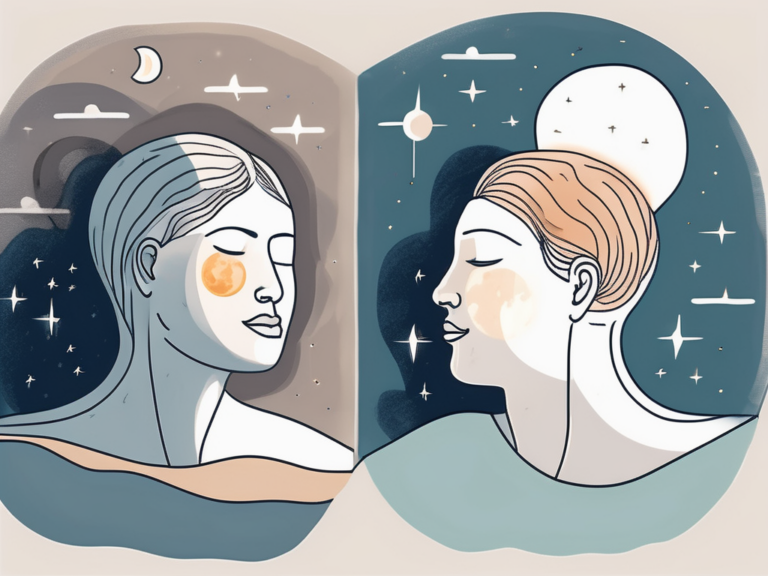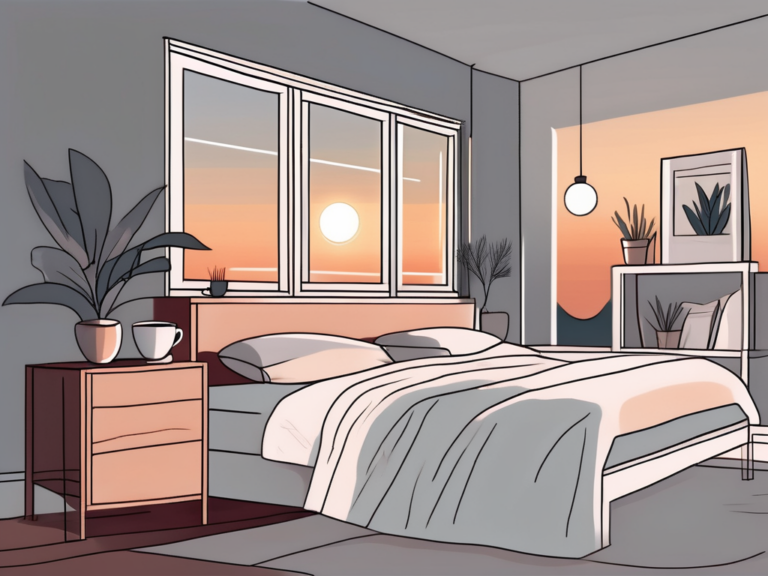dental or oral appliance cpap alternative understanding sleep apnea mouth guard
Understanding Sleep Apnea
Sleep apnea is a common disorder that affects millions of people worldwide. It is characterized by pauses in breathing or shallow breaths during sleep, leading to a disrupted sleep cycle. Sleep apnea can significantly impact a person’s quality of life, leading to chronic fatigue, daytime drowsiness, and other health complications. It is essential to understand the symptoms and risks associated with this condition.
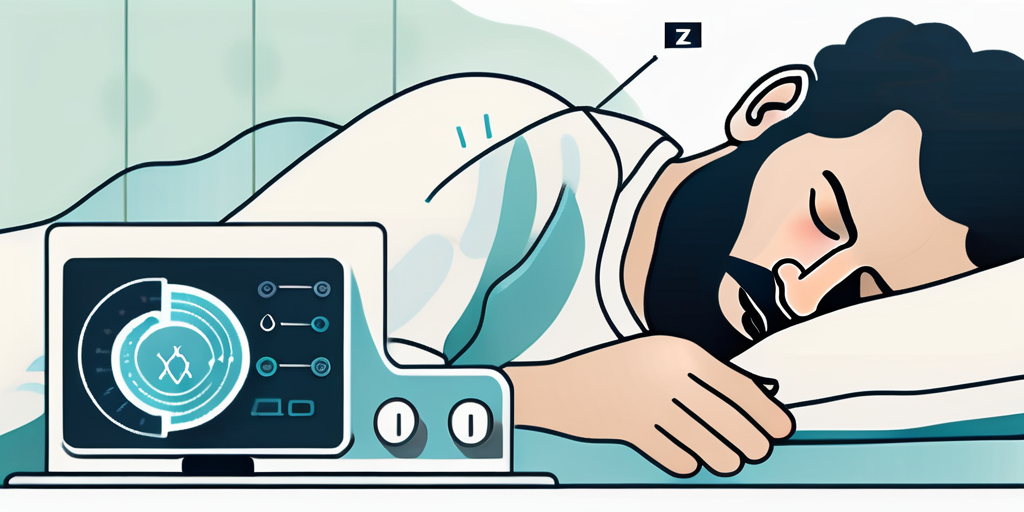
What is Sleep Apnea?
Sleep apnea is a disorder wherein the airway becomes partially or completely obstructed during sleep, causing breathing difficulties. The two main types of sleep apnea are obstructive sleep apnea (OSA) and central sleep apnea (CSA). OSA occurs when the muscles in the throat relax, while CSA is caused by a lack of respiratory effort from the brain.
Symptoms and Risks of Sleep Apnea
Common symptoms of sleep apnea include loud snoring, daytime sleepiness, morning headaches, mood changes, and difficulty concentrating. If left untreated, sleep apnea can lead to more severe health risks such as high blood pressure, heart disease, stroke, and diabetes.
One interesting aspect of sleep apnea is its prevalence among different age groups. While it is commonly associated with older adults, it can also affect children and young adults. In fact, pediatric sleep apnea is a growing concern, with studies showing that it can have long-term effects on a child’s cognitive development and behavior. It is crucial for parents to be aware of the signs and symptoms of sleep apnea in children, such as restless sleep, bedwetting, and difficulty paying attention in school.
Furthermore, sleep apnea is not just a physical health issue; it can also have a significant impact on mental health. The chronic sleep deprivation caused by sleep apnea can lead to mood disorders, including depression and anxiety. Additionally, individuals with sleep apnea may experience a decline in cognitive function, memory problems, and difficulty with decision-making. These mental health implications highlight the importance of seeking proper diagnosis and treatment for sleep apnea.
The Role of Dental and Oral Appliances in Treating Sleep Apnea
Traditional treatment for sleep apnea often involves the use of a Continuous Positive Airway Pressure (CPAP) machine. However, dental and oral appliances have emerged as a popular alternative for those who find CPAP uncomfortable or ineffective.
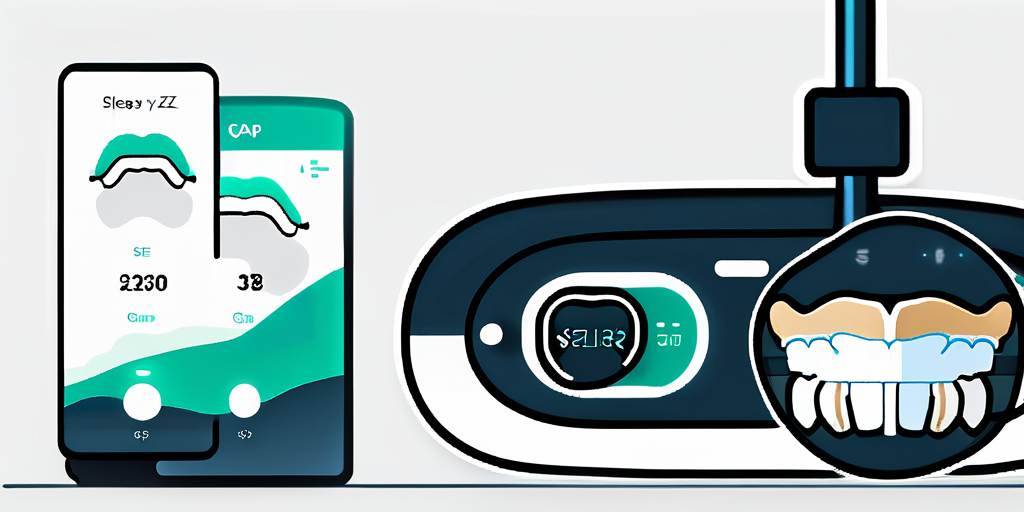
While CPAP machines have been proven to be highly effective in treating sleep apnea, some individuals find them uncomfortable or have difficulty adjusting to wearing a mask during sleep. This is where dental and oral appliances come into play, offering a more comfortable and convenient solution.
How Oral Appliances Work
Oral appliances are custom-made devices that are worn during sleep to help maintain an open airway. They work by repositioning the jaw or tongue, preventing obstruction and promoting better airflow. These appliances are comfortable, easy to use, and highly effective in treating mild to moderate sleep apnea.
When you visit your dentist or sleep specialist, they will take impressions of your teeth and create a custom oral appliance that fits your mouth perfectly. The appliance is designed to hold your jaw in a slightly forward position, which helps keep the airway open and prevents the collapse of soft tissues that can lead to sleep apnea.
Different Types of Oral Appliances
There are various types of oral appliances available, each designed to suit different individuals’ needs. Mandibular Advancement Devices (MADs) are the most common and work by gradually moving the jaw forward. This forward movement helps increase the space in the airway, reducing the risk of obstruction and allowing for smoother breathing during sleep.
Tongue Retaining Devices (TRDs) are another type of oral appliance that can be used to treat sleep apnea. These devices hold the tongue in a forward position, preventing it from blocking the airway. By keeping the tongue in the proper position, TRDs help maintain an open airway and promote better breathing throughout the night.
It’s important to note that not all oral appliances are suitable for everyone. Your dentist or sleep specialist will evaluate your specific needs and recommend the best option for you. They will consider factors such as the severity of your sleep apnea, the structure of your jaw and airway, and any other underlying dental or medical conditions that may affect the effectiveness of the appliance.
Overall, dental and oral appliances offer a comfortable and effective alternative to CPAP machines for the treatment of sleep apnea. They provide individuals with a non-invasive option that can significantly improve their quality of sleep and overall well-being. If you are struggling with sleep apnea and find CPAP machines uncomfortable or ineffective, consider discussing oral appliances with your dentist or sleep specialist to find the best solution for your needs.
CPAP: The Traditional Treatment for Sleep Apnea
CPAP is considered the gold standard treatment for moderate to severe sleep apnea. It involves wearing a mask over the nose or nose and mouth, which is connected to a machine that delivers a continuous flow of pressurized air. While CPAP can effectively treat sleep apnea, some individuals may find it uncomfortable or have difficulty adjusting to it.
What is CPAP?
CPAP, or Continuous Positive Airway Pressure, is a treatment method that uses mild air pressure to keep the airways open during sleep. The pressurized air acts as a splint, preventing the collapse of the throat muscles and allowing uninterrupted breathing throughout the night.
Pros and Cons of CPAP
CPAP machines have proven to be highly effective in treating sleep apnea and improving sleep quality. However, some individuals may find the masks uncomfortable, causing skin irritation or difficulty sleeping. Additionally, the machines can be noisy and may require regular maintenance.
Despite these potential drawbacks, CPAP therapy offers numerous benefits. One of the major advantages is its ability to significantly reduce the risk of serious health complications associated with untreated sleep apnea. By ensuring a continuous flow of pressurized air, CPAP helps to prevent oxygen deprivation, which can lead to cardiovascular problems, cognitive impairment, and even stroke.
Moreover, CPAP therapy has been shown to improve daytime alertness and overall quality of life. By effectively treating sleep apnea, individuals experience better sleep, leading to increased energy levels, improved mood, and enhanced cognitive function. This can have a positive impact on daily activities, work performance, and personal relationships.
Oral Appliances as an Alternative to CPAP
For those who cannot tolerate or prefer not to use CPAP, oral appliances offer a viable alternative. These devices provide a comfortable, non-invasive option for managing sleep apnea and improving sleep quality.
But what exactly are oral appliances and how do they compare to CPAP? Let’s take a closer look.
Comparing Oral Appliances and CPAP
Oral appliances and CPAP have their own set of advantages and considerations. While CPAP is more effective for severe cases of sleep apnea, oral appliances are well-suited for individuals with mild to moderate sleep apnea and those who find CPAP difficult to use.
Oral appliances work by repositioning the jaw and tongue to keep the airway open during sleep. They are custom-made to fit each individual’s mouth, ensuring a comfortable and secure fit. On the other hand, CPAP uses a machine that delivers a continuous stream of air pressure through a mask, keeping the airway open.
Benefits of Using Oral Appliances over CPAP
Oral appliances offer several benefits over CPAP, including improved comfort, greater ease of use, and portability. Unlike CPAP, which requires wearing a mask and being connected to a machine, oral appliances are discreet and do not interfere with sleep positions. This makes them particularly appealing for individuals who prefer sleeping on their side or stomach.
Furthermore, oral appliances do not require electricity or constant maintenance, making them more convenient for travel. Whether you’re going on a weekend getaway or a long vacation, you can easily pack your oral appliance and continue your sleep apnea treatment without any hassle.
Another advantage of oral appliances is that they allow for natural jaw movement. Unlike CPAP masks, which can restrict jaw motion, oral appliances enable individuals to talk, yawn, and drink easily. This makes them more comfortable to wear throughout the night and promotes a greater sense of normalcy during sleep.
It’s important to note that oral appliances should be prescribed and fitted by a qualified dentist or sleep specialist. They will assess your specific needs and ensure that the appliance is properly adjusted for optimal effectiveness.
In conclusion, oral appliances provide a practical alternative to CPAP for managing sleep apnea. With their comfort, ease of use, and portability, they offer a convenient solution for individuals seeking a non-invasive treatment option. If you’re considering oral appliances, consult with a healthcare professional to determine if they are suitable for your specific condition.
Choosing the Right Mouth Guard for Sleep Apnea
When considering oral appliances for sleep apnea treatment, it is crucial to select the right mouthguard that fits your specific needs and preferences.
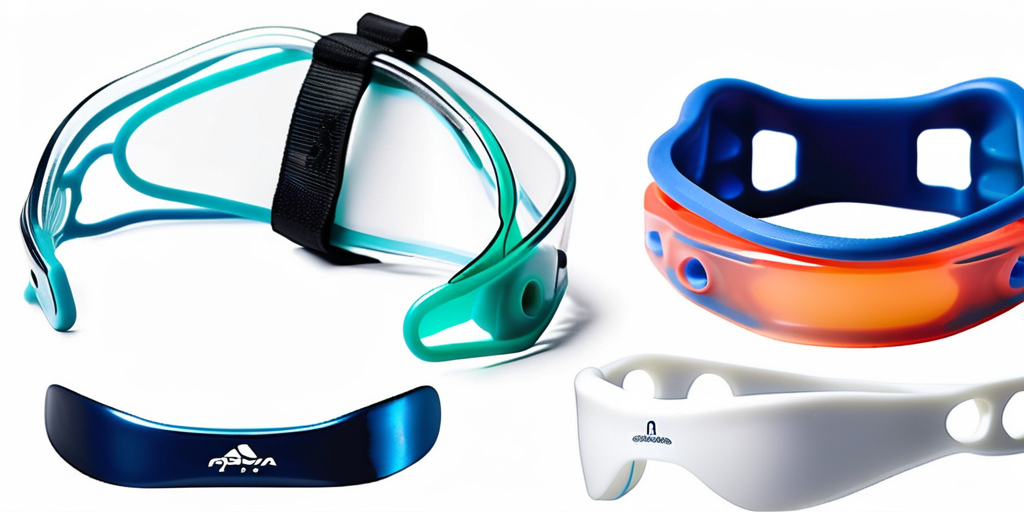
Sleep apnea is a sleep disorder characterized by pauses in breathing or shallow breaths during sleep. It can lead to a variety of health issues, including daytime fatigue, high blood pressure, and an increased risk of heart disease. Oral appliances, such as mouth guards, are a popular non-invasive treatment option for sleep apnea. They work by repositioning the jaw and tongue to help keep the airway open during sleep.
Factors to Consider When Choosing a Mouth Guard
When choosing a mouthguard, factors such as comfort, adjustability, durability, and ease of cleaning should be taken into account. Comfort is essential because wearing a mouthguard that is uncomfortable can make it difficult to sleep soundly. Adjustability is another crucial factor to consider, as it allows for a customized fit that can be adjusted as needed. Durability is important to ensure that the mouthguard lasts for an extended period, providing consistent support for sleep apnea treatment. Ease of cleaning is also a significant consideration, as a mouthguard that is difficult to clean may become unhygienic over time.
It is recommended to consult with your dentist or sleep specialist, who can guide you in selecting the most appropriate mouthguard based on your individual requirements. They will consider factors such as the severity of your sleep apnea, the structure of your jaw and teeth, and any other specific needs you may have. By working closely with a healthcare professional, you can ensure that you choose a mouthguard that is tailored to your unique situation.
Maintenance and Care for Your Mouth Guard
To ensure the longevity and effectiveness of your mouth guard, proper maintenance and care are essential. Regularly clean the mouthguard with mild soap and water, store it in a clean case, and replace it as recommended by your dentist. Maintaining good oral hygiene is also crucial to prevent bacteria build-up and ensure optimal health.
In addition to regular cleaning, it is important to inspect your mouthguard for any signs of wear and tear. Over time, the material of the mouthguard may deteriorate, affecting its effectiveness. If you notice any cracks, tears, or changes in the shape of the mouthguard, it is important to replace it promptly to ensure continued treatment for your sleep apnea.
Remember, choosing the right mouthguard and properly maintaining it are essential steps in managing your sleep apnea. By taking the time to select a mouthguard that meets your needs and following the recommended care instructions, you can enjoy a restful night’s sleep and improve your overall health and well-being.
Consultation with Your Dentist or Sleep Specialist
If you suspect that you may have sleep apnea or are looking for alternatives to CPAP, it is recommended to consult with your dentist or sleep specialist. They can assess your symptoms, conduct a sleep study if necessary, and provide appropriate recommendations for treatment.
When to Consult a Specialist
If you experience persistent loud snoring, excessive daytime sleepiness, morning headaches, or other symptoms of sleep apnea, it is essential to seek professional help. Your dentist or sleep specialist can evaluate your condition and determine the most suitable course of action.
What to Expect During Your Consultation
During your consultation, your dentist or sleep specialist will review your medical history, perform a physical examination, and may recommend a sleep study to confirm the diagnosis. They will then discuss treatment options, including oral appliances, and guide you through the process of obtaining and using them effectively.
It is important to note that a comprehensive consultation with a dental professional or sleep specialist goes beyond just diagnosing sleep apnea. They will also take into consideration your unique circumstances, such as your lifestyle, preferences, and overall health. This personalized approach ensures that the treatment plan is tailored to your specific needs, increasing the chances of successful management of sleep apnea.
Furthermore, your consultation will provide an opportunity to address any concerns or questions you may have. Your dentist or sleep specialist will take the time to explain the potential benefits and risks of different treatment options, allowing you to make an informed decision about your sleep apnea management.
In summary, sleep apnea is a prevalent sleep disorder that can significantly impact your overall well-being. Understanding the condition, its symptoms, and associated risks is crucial in seeking appropriate treatment. Dental and oral appliances offer a comfortable and effective alternative to the traditional CPAP treatment, providing relief and improving sleep quality for those with mild to moderate sleep apnea. By selecting the right mouth guard and consulting with dental professionals or sleep specialists, you can take proactive steps towards managing your sleep apnea and enjoying a restful night’s sleep.





